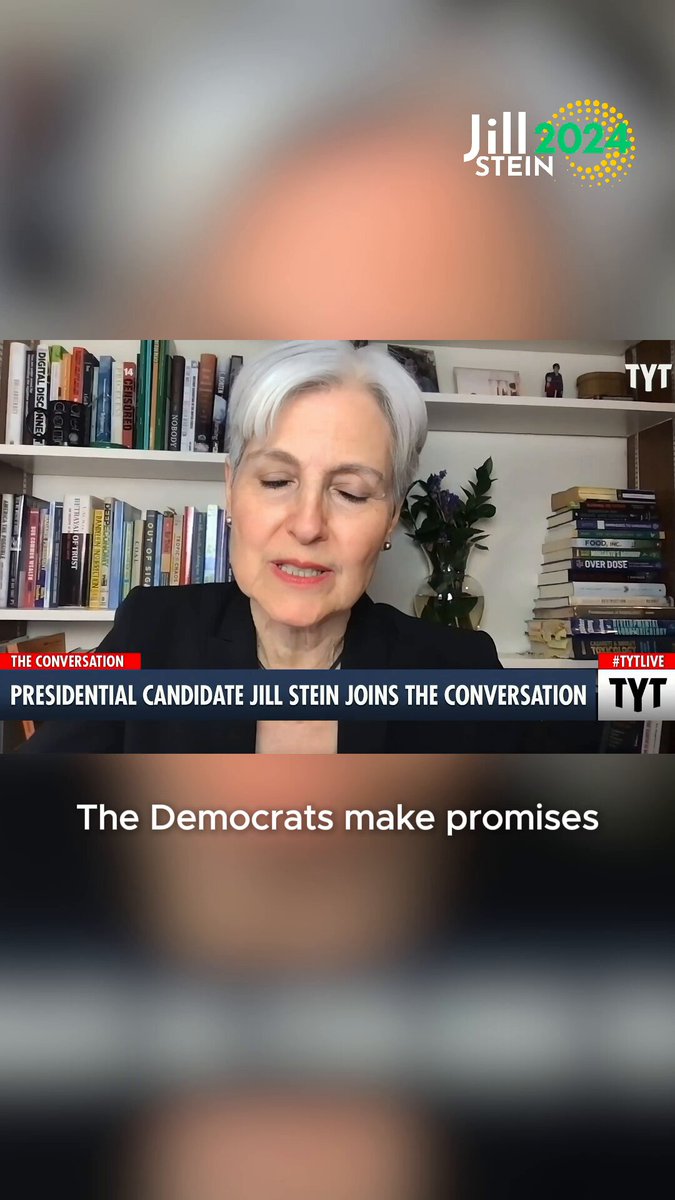The statement criticizes a political party, suggesting that they frequently break promises, particularly in relation to climate change. The tone is accusatory and aims to discredit the party's efforts on a significant public issue.
- The statement does not directly cause harm but could contribute to a polarized environment. It does not promote violence or direct harm, so it partially adheres to this principle. [+1]Principle 1:I will strive to do no harm with my words and actions.
- The statement does not engage in cyberbullying, harassment, or hate speech. It focuses on the actions of a political party rather than attacking individuals, thus respecting privacy and dignity. [+2]Principle 2:I will respect the privacy and dignity of others and will not engage in cyberbullying, harassment, or hate speech.
- The statement does not promote understanding, empathy, or compassion. It is critical without offering constructive dialogue or solutions, thus violating this principle. [-2]Principle 3:I will use my words and actions to promote understanding, empathy, and compassion.
- The statement does not engage in constructive criticism or dialogue. It makes a broad accusation without specific evidence or an invitation for discussion, thus violating this principle. [-2]Principle 4:I will engage in constructive criticism and dialogue with those in disagreement and will not engage in personal attacks or ad hominem arguments.
- The statement uses influence to criticize a political party, which can be seen as engaging in public discourse. However, it does not offer a constructive path forward, thus partially adhering to this principle. [+1]Principle 6:I will use my influence for the betterment of society.
- The statement exercises free speech but does not use the platform responsibly or with integrity, as it lacks evidence and constructive dialogue, thus partially violating this principle. [-1]Principle 7:I will uphold the principles of free speech and use my platform responsibly and with integrity.
